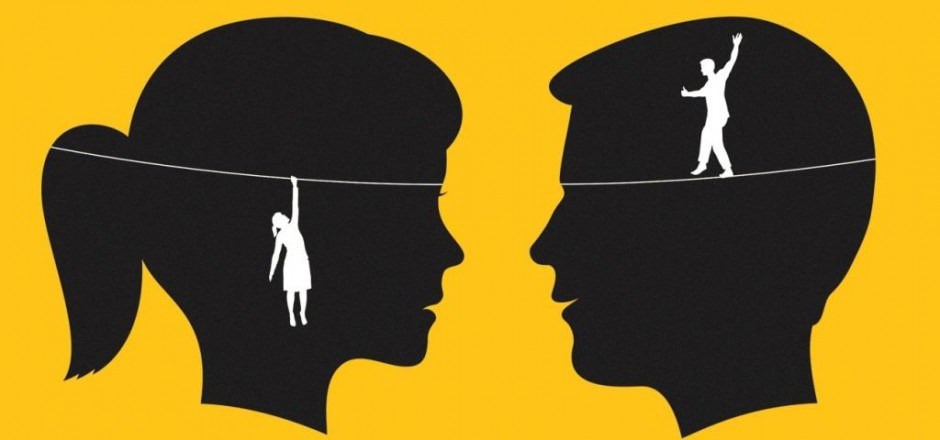Despite tiresome endeavors of NGOs and iNGOs the dilemma of gender discrimination still remains unresolved. Feminists, individually as well as communally, are pervading their vigorous part for the main stream struggle around the globe.
The dismal and miserable depiction of the situation reroutes our attention toward the necessity of action beyond the traditional methodologies assumed to mitigate issue. Contrary to all these endeavors to reducing the gender gap, some countries have proven to become even more vulnerable. Women and girls are still married off as minors, trafficked into forced labor, sex slavery, refused access to education and prevented from making personal choices in their private lives.
Albeit Millennium Development Goals (MDGs) proposed by UN ranks gender equality at top of the priority list and perked up apparent status of women but such efforts have failed miserably to change mindset among patriarchal world society. It shows that the roots of this curse sprout from dogmas and not essentially from individual frame of mind.
Gender gap, according to oxford dictionary, is; “the discrepancies in opportunities, status, attitude, etc., between men and women.” Keeping in view, the definition of gender gap, one can easily point out violations happening around even in educated and civilized milieu. From sacred religious outlets to the higher educational institutes and from brick kilns to the parliaments, women are wretchedly exploited.
World Reports 2017 proposed by Human Rights Watch shows that 700 women were killed in Peru during the period of 2009-15. In Afghanistan, 2,621 cases of domestic violence were reported in the first eight months of 2016. Iraq’s Ministry of Planning’s study in 2012 found that 36 percent women were domestically violated by their husbands. An estimated 32 percent women in US have suffered physical violence and 19 percent have been raped either by their partner or by others.
According to Human Rights Watch, around 1,000 women are killed, in the name of honor, every year in Pakistan. Though cases of Zeenat Rafiq and Amber came into spotlight but the alarming fact is that even in top varsities girls are sexually assaulted by male faculty members on daily basis. On the other hand, senior male parliamentarians’ attacks on female MNAs’ self respect show the sensitivity regarding this grave issue by the current government regarding women rights. Hence all endeavors, in such a hypocrite milieu, have proven fruitless in Pakistan.
It is need of hour to incorporate women into all walks of life. Besides this, social and religious values and norms should be protected. In Pakistan, there is a sharp contrast concerning gender gap area wise. In modern areas female are even more superior to their partners while in slums a woman is no finer than livestock. A balanced psychologically designed unified course of education and training can be the only cure of this curse.
Hypocrisy and double standards, found in behaviors, must be denied. This can be achieved by presenting parables by leaders, reformers and activists. Since gender gap is a multi-faced issue hence it also requires multi-pronged efforts. Just nominal awareness campaigns, seminars and celebrations are not enough to tackle this challenge. We need solemn and serious behaviors if we want to bring women in main stream of development in this modern world.





